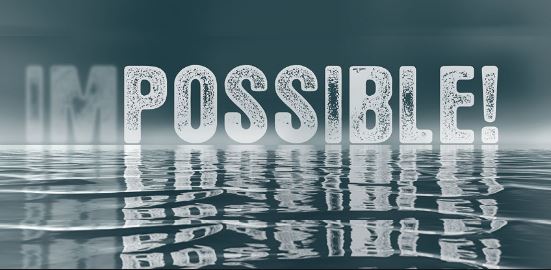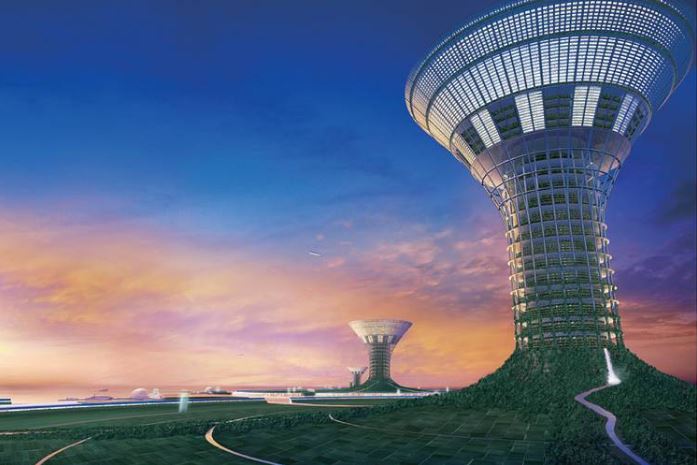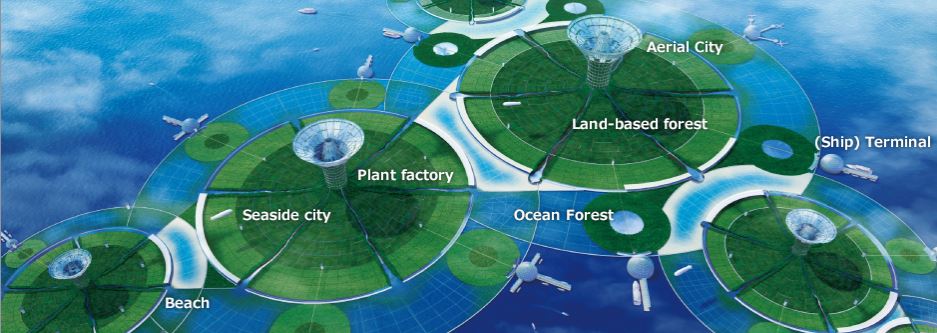
Like COVID-19, climate impact is not felt simultaneously in every corner of the world. Even the spike of covid cases varies from different countries and periods of time. The damage of climate change is usually assessed case by case, and region by region. However, water plays a crucial role in the climate system as its travel pattern (evaporation and precipitation) and construct (volume and speed) are disrupted by natural abnormalities such as rising temperatures. We all know temperature changes the physical properties of water from liquid to gas to solid. Reducing the Planet’s temperature is a collective commitment to make the impossible possible.
Kiribati, a tiny Pacific island nation, encapsulates most, if not all, of challenges to fight climate change. From climate change discord among big greenhouse gas emitters and land erosion caused by sea level rises to water scarcity and poor sanitation, Kiribati will define what is climate diplomacy and defense under determined climate leadership. Kiribati will also showcase the world how climate deniers and climate advocates will coexist in the 21st century.
Former president of Kiribati Anote Tong once called his people “the polar bears of the Pacific.” Both are losing their homes very soon as glaciers are also shrinking fast. The low-lying island countries are on the frontline of sea level rises whereas the Scandinavian countries feel the impacts of glacier melting in their backyard. Wildfires, hurricanes, floods, nor’easter, Snowmageddon, blizzard, and even distinction of seasonal changes are becoming blurry. These natural phenomena are impossible to comprehend without science, and yet we have to cope with them, or better, conquer them.
Under former President Anote Tong, Kiribati drew international attention following Tong’s audacious purchase of 6,000 acres of land in Fiji as part of his contingency plan in response to rising sea levels. The $8 million property investment with public funds was sensational because one, this is the first time a country has to plan ahead for climate change-induced migration. Two, it is uncertain that Kiribati people will relocate to this plot of land abroad in the near future, but Tong has made his case about the predicament of his people’s livelihood resulting from global warming in the international community. The elephant member states in the UN cannot cover their eyes and ears from the grievances from small nations. Small nations outnumbers big countries in the UN but by influence, the big countries determine not only their countries’ future but that of the small ones. Above all, the UN serves the world but is manipulated by its big donors. If you want to learn more about Kiribati and other 90 small countries in the same grouping of “Vulnerable Member States of the United Nations,” click here.
As mentioned, Tong’s government pushed forward “migration with dignity.” Tong said in an interview that he didn’t like the term “climate refugee” as they were regarded as second-class citizens, thought of as no longer belonging. He said, “I want people to be not only belong but in control.” It won’t be the first time for I-Kiribati to migrate to Fiji. Back in the 1950s before the country gained independence from Great Britain, the exhaustion of phosphate reserves on Banaba Island had driven hundreds of people to settle in Fiji. The 20 sq km of land on Vanua Levu, one of the Fiji islands, is used for agricultural and fish-farming projects for now as seawater is increasingly contaminating Kiribati’s groundwater and coral bleaching.
Kiribati owns the Pacific’s second largest maritime Exclusive Economic Zone (EEZ), behind French Polynesia. In 2012, joining other small Pacific countries, Tong’s government implemented the Vessel Day Scheme to ratchet up the fees they charge tuna fishing boats to enter their waters, aka EEZ. According to a recent study, in 2011, Kiribati’s fishing license revenue was just $29.1 million (17 percent of GDP), but by 2015, revenue had risen to $207.1 million (90 percent of GDP). Alongside, Tong’s government banned commercial fishing in the Phoenix Island Protected Area (PIPA) effective on January 1, 2015. PIPA, which makes up 11.3 percent of the EEZ of Kiribati is the largest marine area on UNESCO’s World Heritage List. In Tong’s word, this is his country’s “commitment to fight climate change” and a demonstration of making a sacrifice in order to make a major contribution to ensure biodiversity and the maintenance of fishing stocks well into the future.
President Tong’s ambition for climate adaptation is not only rested in the present. During his tenure, the idea of constructing a floating island had been explored. No one would want to leave their homeland because of climate change, thus elevating the sinking land would be a possibility. This is a project for international cooperation and Japan’s Shimizu Corporation is the chosen one. If you visit Shimizu’s demo video of the floating island, you’ll not be disappointed by the promising future taken place in a tower that connects the vast sea and sky. The sky is truly the limit for Japanese ingenuity that is mixed with futuristic and traditional inspirations. But Tong’s floating island does not appeal to his successor, incumbent President Taneti Maamau. President Maamau believes “the ultimate decision is God’s” to determine if Kiribati will be drown.” To won China’s favor, Kiribati cut diplomatic tie with Taiwan in 2019 and signed on to China’s Belt and Road Initiative for considerable Chinese aid. Fisheries and tourism are key economic sectors in “Kiribati Vision 20,” a twenty-year sustainable development plan under President Maamau’s administration.
As author Joshua Keating described, “Climate Change will transform them [countries like Kiribati] physically by eroding coastlines, economically through impacts on agricultural production, and socially through increased migration.” That we don’t see these problems does not mean they don’t exist. Kiribati is living in our unequipped future from climate change. It is our will power to make the impossible climate adaptation possible now.


